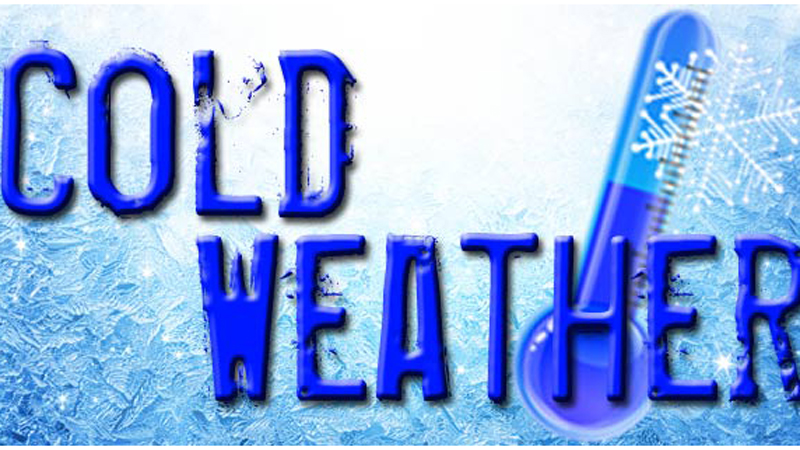1.1 million Louisianans until temperatures reach freezing before turning on the heaters
Published 7:00 am Monday, November 7, 2022
|
Getting your Trinity Audio player ready...
|
Hold off the Heating: 1.1 million Louisianans will wait until temperatures reach freezing before turning on the heaters, reveals study.
- 1 in 3 Louisianans will wait until January 23th before warming their homes.
- Tips provided on how to keep costs down this winter.
- Interactive map included.
Winter is coming, in the inimitable words from Game of Thrones, and that means only one thing: it’s about to get colder. With energy prices, inflation and therefore the cost of living on the rise, it is no surprise that many Americans are tightening their belts and cutting their spending. Usually when this happens, it is purchases of non-essential items that are reduced – perhaps trips to the movies, dining out and gym memberships. It appears, however, that millions of Americans will also be cutting back on essential things in life such as heating, in order to save some money.
ServiceMaster Restoration by Zaba surveyed 3,000 respondents to find out how many say they only plan on turning on their heating when average temperatures reach freezing (or the lowest temperature where they live). The survey revealed that 1.1 million Louisianans (33%) will only turn their heating on when average outdoor temperatures reach 43°F.
Trending
The company analyzed historical weather data (30 years) from Weatherspark.com to identify the precise date that average temperatures fall to 43°F which in Louisiana is on January 23th. Using absolute numbers of adults in each state, they could therefore identify how many in each state will endure cold indoor temperatures for financial reasons.
Those savers across the country will turn on their heating on different dates, based on local average temperatures. Over 166,000 North Dakotans (29%), for example, admit they already turned their heating on as temperatures dropped to 32°F on October 24th. And over 1 million hardy Tennesseans will wait until January 7th next year when temperatures reach 32°F before they turn on the heating.
Some lucky states, however, never reach freezing point at all; the coldest it will get in Louisiana for example is 35°F. Here, 1 in 3 locals will wait until January 23rd, when it falls to that temperature, before warming their homes.
It is no wonder people are trying to hold off as long as possible; according to figures from the US Energy Information Administration (EIA), US consumers can expect to pay up to 28% more to heat their homes this winter compared to last year, due to surging fuel costs and slightly colder weather.
But why should you have it on at all? Well, apart from staying warm and comfortable, it also helps to protect your home. One big risk with not turning on the heating is that pipes can burst (caused when the water in them freezes due to not being heated up, expands, and then breaks the pipe itself, causing the thawed water to escape). This can cause your home to flood, leading to thousands of dollars in restoration costs. Having the heating on can also prevent mold from forming in your home, as it will warm the cold air which otherwise would form as condensation and coat walls and windows.
Trending
So, how can we keep costs down this winter? ServiceMaster Restoration by Zaba has provided the following tips:
- Service your appliances to make sure they are working effectively.
- Clean your heating system to ensure nothing is blocked and/or there are no leaks.
- Seal all potential leaks/openings against drafts coming into the house.
- Keep windows covered by curtains – about 30% of a home’s heating energy is lost via windows.
- Lower your thermostat by a few degrees – this can help save up to 10% on your energy bill.
- Keep the heating on at the lowest bearable level at night, while out at work, or on vacation, to avoid pipes freezing, thawing and flooding your home. Insulate pipes beforehand, if possible.
- Don’t block space heaters or heating vents so warm air can circulate effectively. This also prevents fires from starting.
“We all want to stay warm, dry and safe this winter,’ says Diana Rodriguez from ServiceMaster Restoration by Zaba. “Just a few simple tips can help ensure you’re not left shivering or paying a ton for damage that could have been prevented.”






